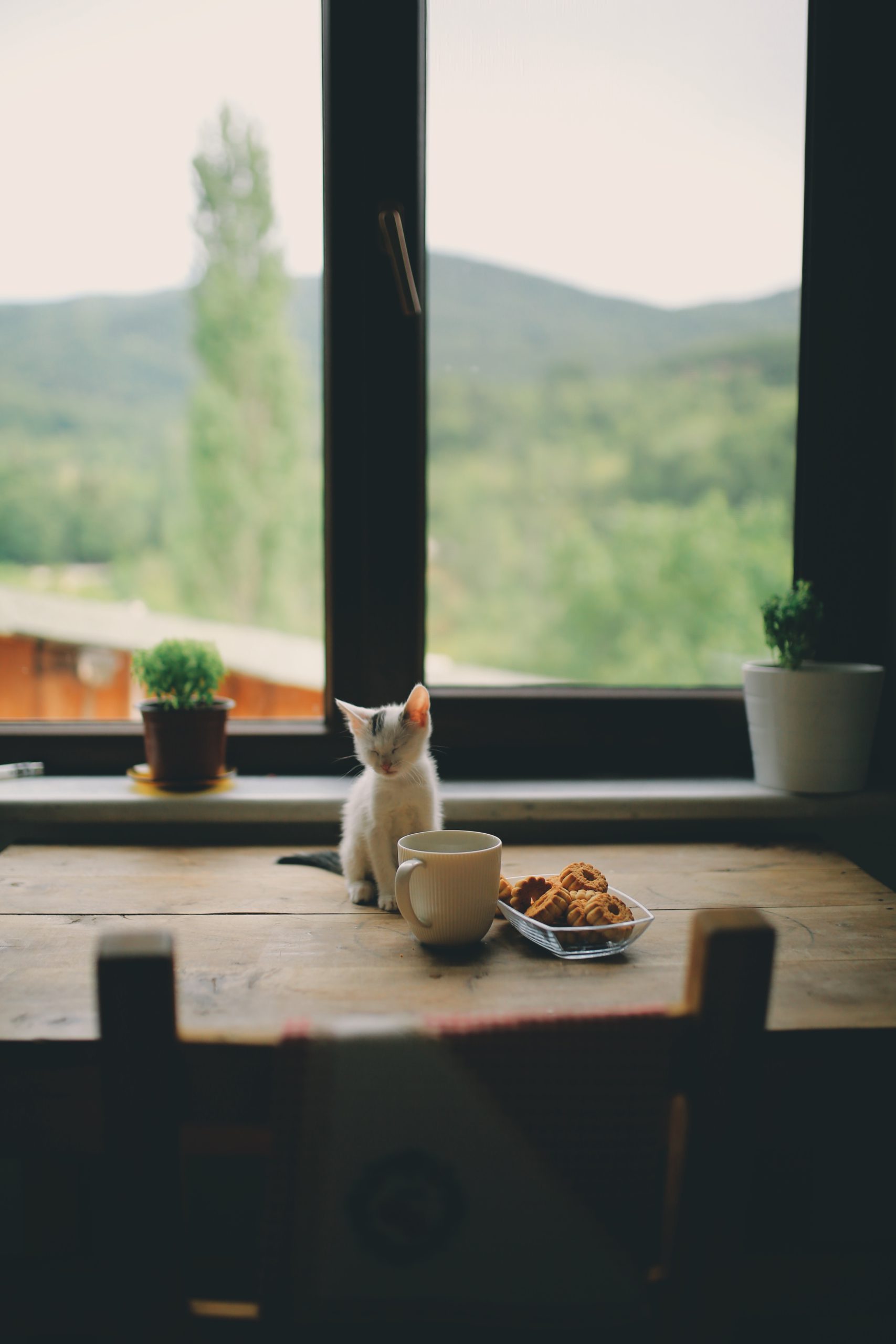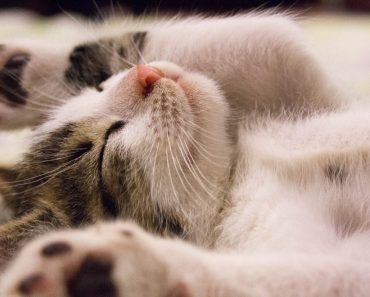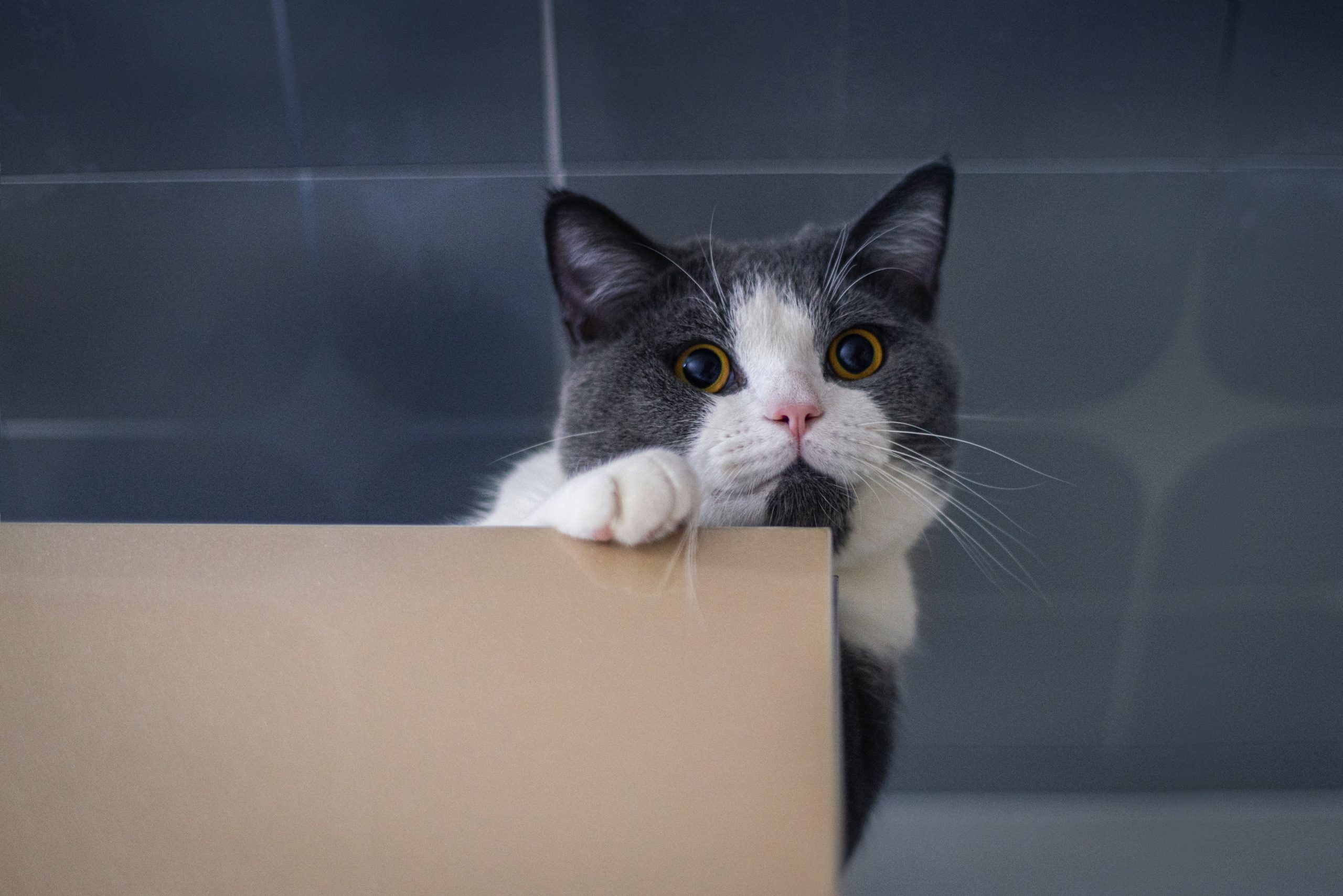Pet parents are mostly confused about the quantity of food they should provide to their cat. And this results in an increase or decrease in body weight. Cats are usually more prone to the increased body weight or obesity. And therefore, it is important to have an adequate balance in their diet to provide them all the essential nutrients in the required quantity.
For this purpose, I will educate you in this article about the number of daily food requirements for your cats. In addition, I will also educate you about the frequency of meals per day.
Various factors that affect cat feeding
Cat’s feeding largely depends on various factors that affect them throughout the life. So, if you are a pet parent and want to know the transition in feeding habits of your cat, you need to know the factors that are affecting your cat.
1. Age
There is a difference in the feeding of a kitten and an adult cat. A kitten needs more nutritional requirements than an adult because of more growth and development. A kitten’s diet is more comprised of proteins.
2. Size
Larger cats require more nutritional value to carry out their metabolism and fulfill the body’s needs. Larger cat breeds require more food – similarly, bigger cats of the same breeds also require more nutrition.
3. Activity level
Activity level mainly affects the metabolic rate, and cats with higher activity levels have higher metabolic rates – and thus need more nutrition. At the same time, cats who live a more sedentary lifestyle require lesser nutrition.

4. Reproductive status
Neutering and spaying affect the overall metabolic activity of cats. A cat with functional reproductive organs requires more nutritional value than a cat with non-functional reproductive organs. Likewise, in pregnancy, cats need more nutrition to meet the intense nutritional demands. And this is true for kittens whose reproductive organs are developing – they also require high nutrition to meet the required demands of the body.
5. Body conditioning and health
Body conditioning is also a factor that affects the food intake of your cat. You need to know that where your cat falls in a body conditioning score. Only then will you be able to devise a good diet plan for your cat. Ask your vet to tell you the body conditioning score and to devise a good diet plan accordingly.
Unfortunately, there is no simple answer to how much cat food your cat needs. How much a cat needs to eat depends on a variety of factors, including size, age, metabolic rate, the amount it exercises, and even environmental temperatures. In addition, the same volume of different foods can have varying caloric and nutritional contents, showing that a one-size-fits-all approach will not work
How Much Should I Feed My Cat? | PetMD
How much should I feed my cat?
Now that you are well aware of the factors that affect the feeding habit of your cat, I will educate you about the feeding requirements of your cat at different stages of life.
Newborn to four weeks of age
Newborns frequently feed, especially during the first week of age. They typically feed every two hours a day. Gradually the decrease in the frequency of feeding to four to six times a day. It is important to check their body weight to be assured that your kitten is feeding right. On average, kittens should gain fifteen to twenty grams of weight each day. If your kitten is not gaining weight, you should consult your vet to change the food to a high-quality one.
Four weeks to six weeks of age
This is the age of weaning, and cats start to shift from a liquid diet to a solid diet. You should provide them access to solid food several times a day. You can also go for a gruel that you can make by mixing canned food with warm water. A gruel will help digest better. At the age of five to six months, there is no need for a gruel as your cat’s teeth are coming, and they will take care of the solid food.
Looking for a review of quality food we love? Try Weruva
Six weeks to eight weeks of age
By this time, kittens are habitual to eating solid food, and they have started drinking water on their own. You can start providing dry foods but adding a tablespoon of water will help ease the chewing and digestion.
Eight weeks to ten months of age
After eight weeks of age, most of the kittens’ feeding requirements start to decrease. The development period is over by this age, and their calorie intake starts decreasing down. The body conditioning score can help determine the number of calories your cat should intake at this age. If your cat’s body conditioning score is low, your vet will advise you to give a diet rich in calories.
More than ten months of age
At this age, your cat can switch from kitten food to adult food. Kitten food is rich in calories, mainly proteins, and fats. Some cats should switch earlier, while some cats should switch later depending on their physiology. Your vet will help you in this case.
How often should I feed my cat?
Well, cats prefer eating small meals many times a day. For a kitten, you should make the food available throughout the day. If you want your cat to eat both dry and wet food, you should make the dry food available all day and provide two to three canned food meals depending on the nutritional requirements.
Furthermore, here are some tips that will be beneficial for you.
6. Cats prefer multiple small feedings in a day
7. You should provide a minimum of 3 meals at four to six months of age
8. Minimum two meals a day for ten months old cat
9. Well, a total of six meals per day is better.
Final thoughts
Well, being a pet parent is no less than being a parent to a baby. You enjoy every stage of your cat growing from a kitten to an adult. But you should be conscious of some mistakes like providing less water, providing only dry food, providing too much or too little food, etc. you should learn from other pet parent’s mistakes and try to cater to your cat better. Not to mention, feeding depends only on your cat’s nutritional requirements, and many factors affect the nutritional requirements. And you should consult your vet for this matter to have a better understanding of your cat’s nutritional needs.






